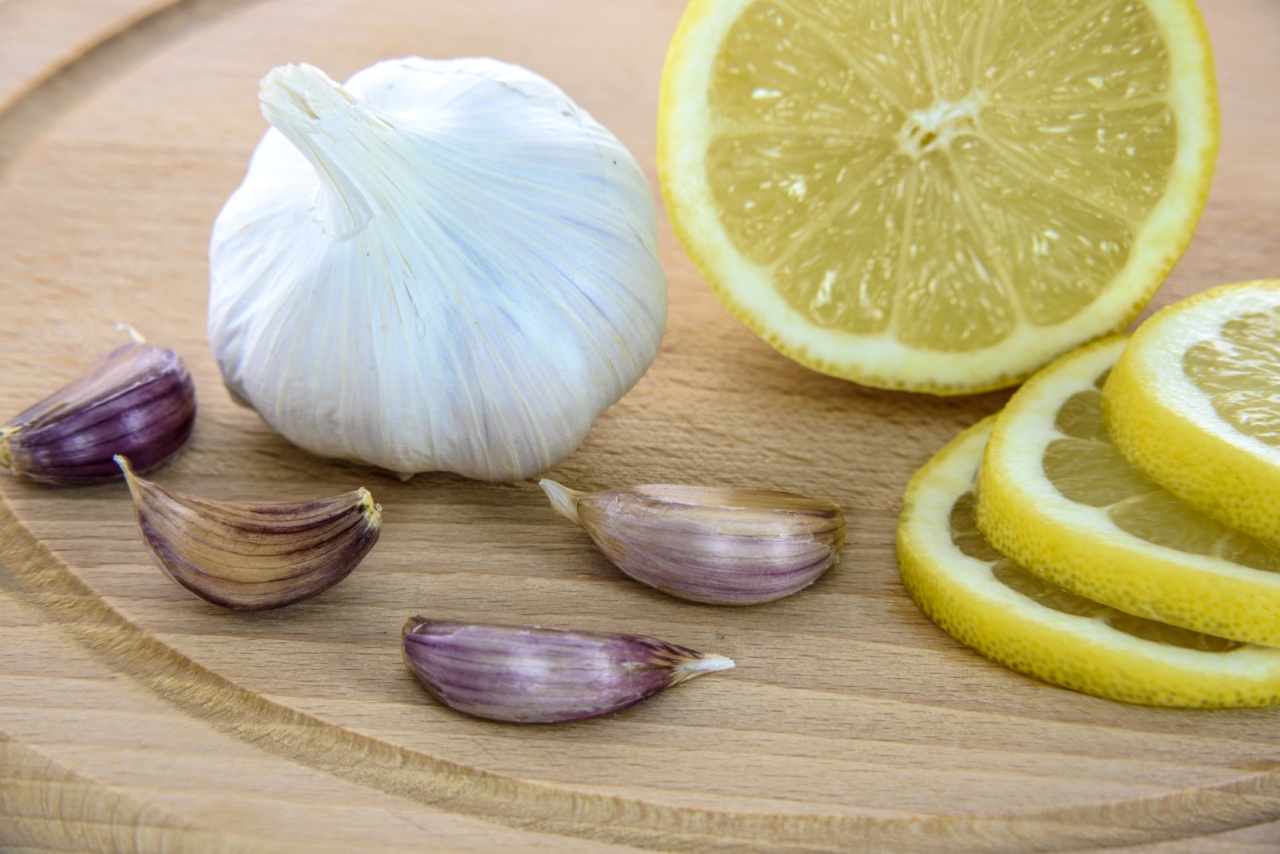Antibiotic resistance is a growing concern in the world of healthcare. In recent years, a number of strains of bacteria have emerged that are resistant to traditional antibiotics, making it more difficult to treat infections.
While scientists and medical professionals work to find new ways to combat antibiotic resistance, an unlikely solution has emerged from the kitchen: the sponge.
The Problem of Antibiotic Resistance
The overuse of antibiotics has become a serious problem in recent years. Antibiotics are often prescribed to treat bacterial infections, but their widespread use has led to the development of antibiotic-resistant strains of bacteria.
This means that some infections are becoming more difficult to treat and may require stronger, more expensive drugs.
One of the main contributors to antibiotic resistance is the overuse of antibiotics in farming. Antibiotics are often used to promote growth in livestock, which can ultimately result in antibiotics being present in our food supply.
This can lead to the development of antibiotic-resistant bacteria in humans that are exposed to these foods.
The Role of the Kitchen Sponge
While the problem of antibiotic resistance may seem overwhelming, a recent study has shown that the solution may be as close as our kitchen sponges.
The study, which was conducted by researchers at the University of Furtwangen in Germany, found that certain types of sponges contain bacteria that can help fight antibiotic-resistant strains of bacteria.
The study looked at four different types of household sponges and found that two of them contained strains of bacteria that were effective against a number of antibiotic-resistant strains of bacteria.
The researchers found that the bacteria from the sponges were able to inhibit the growth of these resistant strains, including Methicillin-resistant Staphylococcus aureus (MRSA).
How Sponges Work
So, how do sponges work to combat antibiotic resistance? The bacteria that are found in sponges produce a number of compounds, including lactic acid and acetic acid, that can help fight off other bacteria.
These compounds act as natural antibiotics, inhibiting the growth of other bacteria and helping to prevent the development of antibiotic resistance.
While more research is needed to fully understand the mechanisms behind how sponges work, the initial findings are promising.
By identifying the bacteria that can help fight off antibiotic-resistant strains, researchers may be able to develop new antibiotics or other treatments that can help combat antibiotic resistance.
Other Potential Sources of Antibiotic Resistance
In addition to overuse of antibiotics in farming, there are a number of other potential sources of antibiotic resistance.
For example, the overuse of antibiotics in hospitals and other healthcare settings can contribute to the development of resistant strains of bacteria. In addition, improper use of antibiotics, such as failing to complete a full course of treatment, can also contribute to the development of antibiotic resistance.
It is important for individuals and healthcare professionals to be aware of the dangers of antibiotic resistance and to take steps to prevent its development.
This can include avoiding the overuse of antibiotics, properly disposing of unused antibiotics, and promoting the use of natural antibiotics such as those found in kitchen sponges.
The Future of Antibiotic Resistance
While the discovery of new natural antibiotics from kitchen sponges is promising, it is important to recognize that this is only one small piece of the puzzle.
The fight against antibiotic resistance will require a multifaceted approach, including improved antibiotic stewardship, development of new antibiotics, and increased awareness of the problem.
It is important for individuals to take steps to prevent the spread of antibiotic-resistant bacteria, such as practicing good hygiene and avoiding close contact with individuals who are sick.
Healthcare professionals can also play a role in reducing the risk of antibiotic resistance by promoting the responsible use of antibiotics and developing new treatments that can help combat resistant strains of bacteria.
Conclusion
The discovery that kitchen sponges may hold the key to combating antibiotic resistance is exciting news.
While more research is needed to fully understand the mechanisms behind how sponges work, this discovery offers a glimmer of hope in the fight against this growing problem.
It is important for individuals and healthcare professionals to work together to prevent the development of antibiotic resistance.
By taking steps to promote responsible use of antibiotics and reducing sources of antibiotic-resistant bacteria, we can help ensure that these life-saving drugs remain effective for years to come.





























